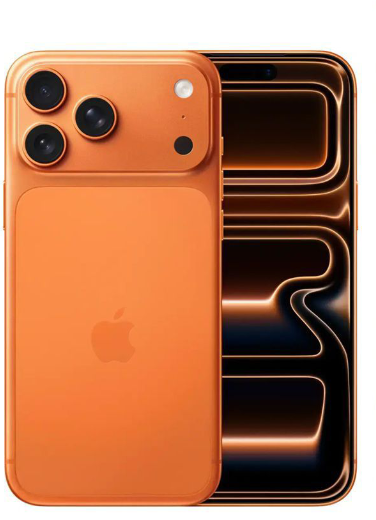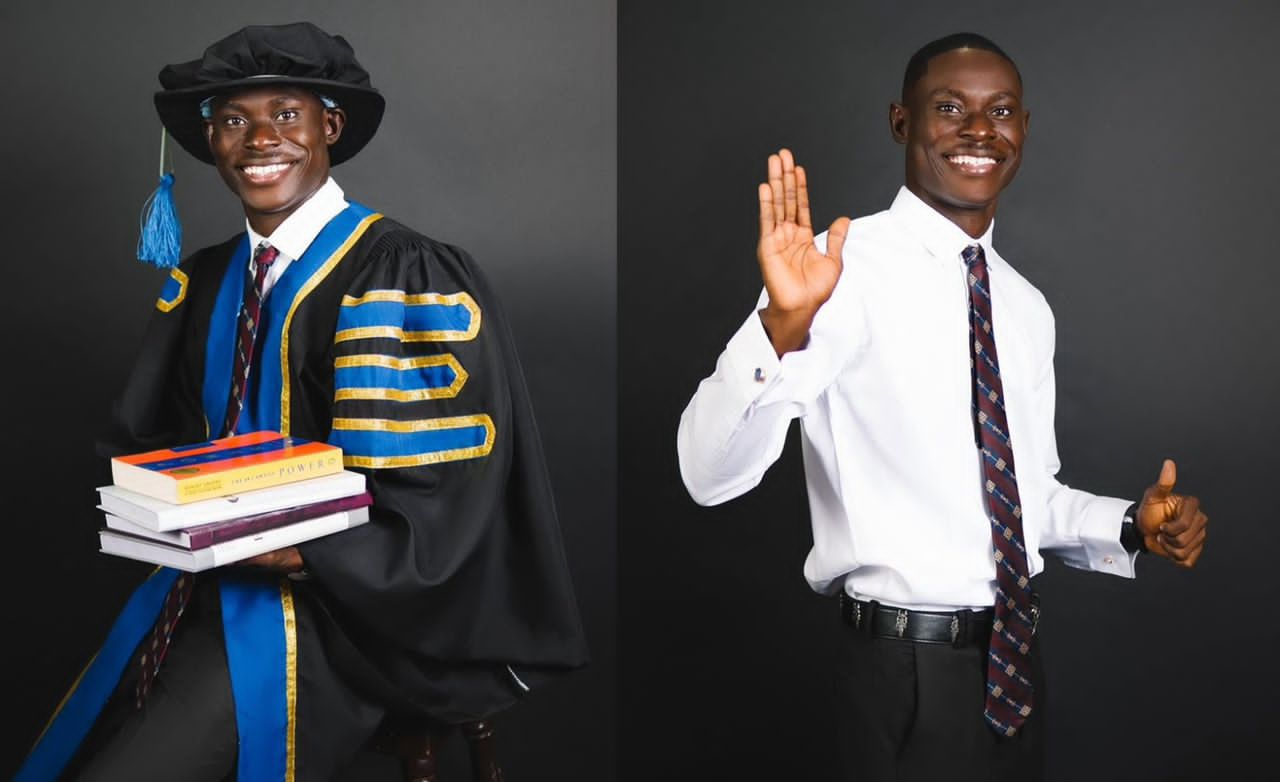
Nigerian Man Sparks Debate After Nigerians Congratulate Him for Pre-Ordering iPhone 17 Pro Max

In what has quickly become a viral talking point on social media, a Nigerian man has sparked intense debate online after he revealed that people were congratulating him for pre-ordering the latest iPhone 17 Pro Max, a gesture he found both surprising and deeply reflective of Nigeria’s current economic reality. Identified on X (formerly Twitter) as Omoluabi with the handle @oluwakso, he expressed disbelief that buying a phone—an item considered normal and routine in many other parts of the world—could generate such celebratory reactions in Nigeria. His words were both blunt and emotional, highlighting the state of affairs in the country where basic consumer purchases have now been elevated to symbols of achievement. According to him, the fact that friends and strangers alike congratulated him for acquiring a mobile device illustrated just how far the country has fallen, with everyday commodities being elevated to luxury status because of the harsh economic environment.
His post read in part: “I pre-ordered the iPhone 17 Pro Max and people are congratulating me like it’s an achievement. That’s how bad Nigeria has failed us, basic things now look like luxury. The system made life so hard that people do anything just to afford what should be normal. Everyone deserves to work, earn, and buy things like an iPhone without stress.” His statement quickly spread across X, attracting hundreds of reactions, retweets, and debates about the culture of materialism, economic hardship, and the changing perception of wealth in Nigeria.
Interestingly, not everyone agreed with his analysis. Another user, identified as Y.O. with the handle @yojora, countered his claim in a witty response that has since gone viral as well. “It is normal yet, you came to announce the fact that you bought a new phone. Na small thing separate you and the people wey dey congratulate you,” the user replied, pointing out that the act of publicizing the pre-order itself invited the very reactions he was criticizing. This humorous clapback struck a chord with many Nigerians who argued that while the economic situation is indeed dire, the culture of showmanship and social validation also plays a significant role in how people react to others’ purchases.
The debate reflects more than just a quarrel about a phone; it highlights the deepening struggles of average Nigerians as inflation, currency depreciation, and limited job opportunities continue to bite. In the past, the iPhone, while expensive, was within reach for many middle-class Nigerians. Today, however, the narrative has changed drastically. With the naira struggling against the dollar and consumer prices soaring across every sector, purchasing an iPhone has become a feat few can manage without significant sacrifice. What should be an ordinary decision for a working-class citizen has morphed into an aspirational milestone. For some, it has become a reflection of financial stability or social class.
In urban centers like Lagos and Abuja, spotting young Nigerians taking pictures or videos with the latest iPhone has become almost symbolic of social mobility and status. The phone is not just a device but a cultural marker, distinguishing those who can afford luxuries from those still struggling to make ends meet. It explains why friends and colleagues may view the purchase of a new iPhone as a success worthy of congratulations—an acknowledgment that the individual has managed to rise above the suffocating economic realities.
However, Omoluabi’s comments also reflect a broader frustration. The idea that basic commodities, once attainable for many, are now seen as rare achievements points to a loss of normalcy in everyday life. Whether it is buying a bag of rice, affording rent, or paying school fees, Nigerians are increasingly finding that what was once routine has become a serious battle. Against that backdrop, buying the iPhone 17 Pro Max at launch price becomes both an economic statement and a symbol of survival in a country where many are struggling just to afford necessities.
His post generated several layers of responses. Some users sided with him, insisting that the congratulations indeed show how low expectations have fallen in Nigeria. Others argued that Nigerians naturally celebrate any form of success because of how hard it is to achieve anything in the present climate. To them, the congratulations were less about the iPhone and more about recognizing the effort it took to afford one in such difficult times. Meanwhile, a third group dismissed the debate entirely, accusing people like Omoluabi of hypocrisy. They argued that anyone who announces a purchase on social media should expect comments ranging from praise to criticism, because by sharing it publicly, they implicitly sought validation or attention.
The iPhone 17 Pro Max itself, with its sleek design and advanced features, has been trending globally since Apple announced its release. In markets like the United States, the phone is seen as a routine upgrade for those invested in the Apple ecosystem. In Nigeria, however, its pricing is astronomical, with unofficial conversion rates and reseller markups pushing it far beyond the average worker’s monthly salary. This financial gap fuels both admiration and resentment. On one hand, owning the device elevates the buyer’s social standing. On the other, it draws questions about priorities, extravagance, and the widening inequality in Nigerian society.
The online argument also touches on the cultural fascination with Apple products in Nigeria. Despite the availability of cheaper alternatives with similar functions, the iPhone continues to dominate conversations, fashion statements, and even social interactions. For many young Nigerians, the phone is more than just a gadget; it is a badge of honor, a reflection of taste, and sometimes even a ticket into certain social circles. It explains why reactions to someone acquiring the latest model often border on envy, admiration, or outright criticism.
As the debate continues to spread, some commentators have pointed out that the real issue is not the phone but the failing system that makes such a purchase newsworthy. They argue that in a functional economy, no one would think twice about congratulating someone for buying a phone, because it would be normal for workers to afford consumer gadgets from their salaries without unnecessary hardship. For them, the reactions surrounding Omoluabi’s iPhone pre-order are symbolic of Nigeria’s broken economic system where dignity and normalcy have been stripped away, leaving citizens to celebrate the barest of achievements.
Whether one agrees with Omoluabi’s position or with his critics, the viral conversation reveals a truth many Nigerians already know: life has become so difficult that what should be ordinary now feels extraordinary. The iPhone 17 Pro Max, in this context, is no longer just a smartphone; it is a mirror reflecting the struggles, aspirations, and contradictions of a society trying to survive under crushing economic pressure. For some, it is proof of resilience and success. For others, it is a reminder of misplaced priorities and shallow validation. But above all, it is a stark reminder that in today’s Nigeria, even the purchase of a phone can ignite national debate, not because of what the device does, but because of what it represents in a country where survival itself has become an achievement.


